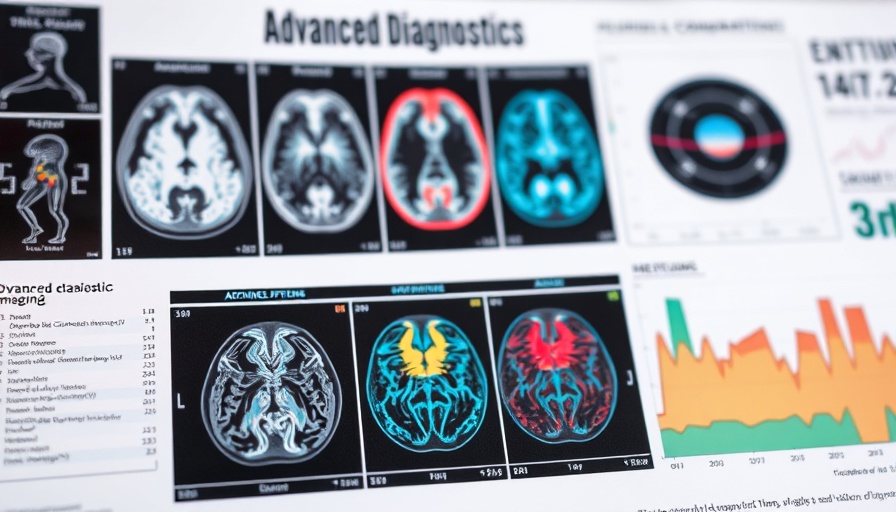
Revolutionizing Cancer Diagnostics: The Power of Laser Technology
The landscape of cancer diagnostics is undergoing a transformative shift with the introduction of a new laser-based method pioneered by researchers at Vilnius University. As healthcare continues evolving towards more efficient and precise techniques, this innovative approach promises to enhance diagnostic accuracy while significantly reducing the time patients must wait for results.
How Laser Technology Is Shaping Future Diagnostics
This groundbreaking method harnesses the speed and precision of laser technology to analyze tissue samples with unprecedented effectiveness. Traditional diagnostic methods often involve lengthy processes, including histopathological examinations, which can take days or even weeks for completion. In contrast, the new laser-based technique allows for near-instantaneous results. This rapid response time can be crucial for early cancer detection and intervention.
The Science Behind the Method: What Makes It Unique?
The core of this laser technology involves sophisticated algorithms and rapid data processing capabilities. By utilizing a novel spectroscopic technique, the method provides immediate feedback on the cellular composition of the tissue samples. This not only enhances the accuracy of tumor characterization but also aids in distinguishing between malignant and benign tissues with high confidence.
Impact on Patient Care: Faster Decisions, Better Outcomes
The implications for patient care are profound. Concierge health practitioners, often on the front lines of patient advocacy, will find this revolutionary technique aligns with their goals of providing timely and informed care. Rapid diagnostics allow for quicker treatment decisions, potentially improving patient outcomes and satisfaction rates. Moreover, patients undergoing numerous tests and waiting for diagnostic clarity can experience significant mental and emotional relief knowing that results will be available much sooner.
Addressing Common Misconceptions About Laser Diagnostics
Despite the exciting advancements, there are still misconceptions surrounding laser-based diagnostics. Some practitioners may worry about the reliability and robustness of new technologies as compared to established methods. However, multiple peer-reviewed studies have validated the precision of this approach, making it a trustworthy addition to medical practices. Ensuring that staff are adequately trained in this innovative technique will be crucial for maximizing its benefits in a practical health setting.
Future Predictions: Where Do We Go from Here?
As we look ahead, the integration of laser technologies into broader diagnostic landscapes marks just the beginning. Experts predict that advancements in artificial intelligence and machine learning will further refine these methods, enhancing their diagnostic capabilities and integrating seamlessly into electronic health records (EHR) systems. This will lead to a future where clinicians can leverage predictive analytics alongside rapid diagnostics to personalize patient treatment plans.
How Healthcare Practitioners Can Adapt to These Innovations
To stay ahead in the rapidly evolving field of cancer diagnostics, practitioners should consider investing in ongoing education focused on emerging technologies like laser-based diagnostics. Participating in webinars, attending conferences, and collaborating with tech-savvy colleagues can provide clinicians with the knowledge and tools they need to effectively implement these innovations in their practices.
In the fast-paced world of healthcare technology, keeping abreast of changes can significantly impact your practice. As a concierge health practitioner, consider how adopting new techniques can enhance patient relationships and improve outcomes. Act now by exploring laser-based diagnostics and prepare to incorporate this technology into your practice to elevate your patient care experience.
 Add Row
Add Row  Add
Add 






Write A Comment